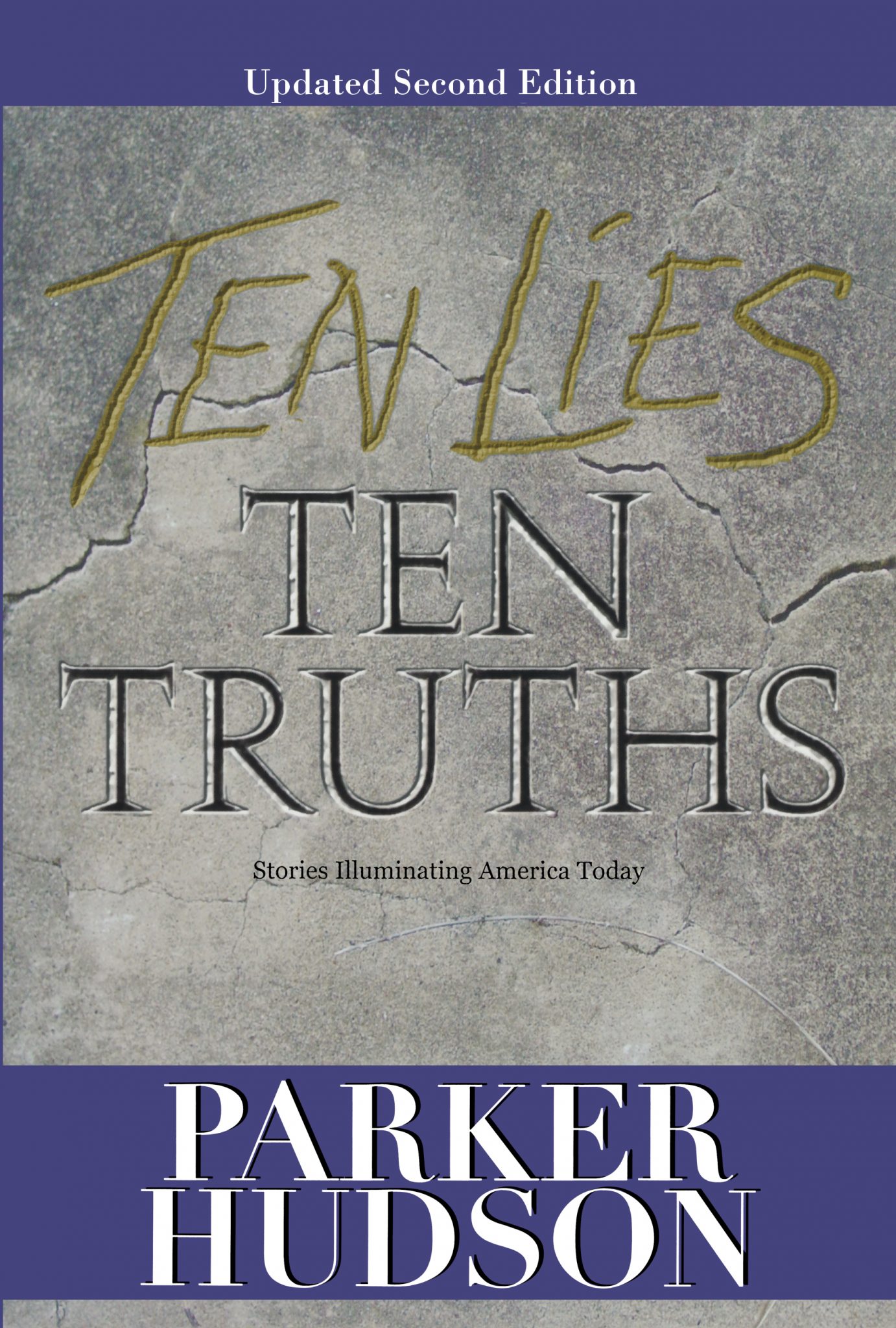Thanks to a personal introduction from Gene Tullio (https://facebook.com/gtullio1), I’ve discovered the French economic philosopher Frederic Bastiat and his great work, The Law, originally published in 1850.
As with my late-in-life reading of F. A. Hayek, I am embarrassed that I had never heard of Bastiat, and embarrassed that no one that I can recall either at UNC or LSE ever mentioned either man while I was earning two degrees.
Anyway, Bastiat has it right on the profound connection between law, economics and freedom. Following are some short excerpts from The Law, written in the final year of his life:
Life, liberty and property do not exist because men have made laws. On the contrary, it was the fact that life, liberty and property existed beforehand that caused men to make laws in the first place.
The law is the organization of the natural right of lawful defense. It is the substitution of a common force for individual forces. It is to do only what the individual forces have natural and lawful right to do: to protect persons, liberties, and properties; to maintain the right of each, and to cause justice to reign over us all.
It is impossible to introduce into society a greater evil than this: the conversion of the law into an instrument of plunder.
Legal plunder has two roots: human greed and false philanthropy. With this in mind, examine the protective tariffs, subsidies, guaranteed profits, guaranteed jobs, relief and welfare schemes, public education, progressive taxation, free credit, and public works. You will find that they are always based on legal plunder, organized injustice.
Socialism confuses the distinction between government and society. As a result of this, every time we object to a thing being done by government, the socialists conclude that we object to its being done at all.
The writers of the nineteenth century look upon society as an artificial creation of the legislator’s genius. While mankind trends toward evil, the legislators yearn for good; while mankind advances toward darkness, the legislators aspire for enlightenment; while mankind is drawn toward vice, the legislators are attracted toward virtue. They then demand the use of force in order to substitute heir own inclinations for those of the human race. Mankind is merely inert matter, receiving life, organization, morality and prosperity from the power of the state.
Thus, of course, the legislators must make plans for the people in order to save them from themselves.
It is not true that the function of law is to regulate our consciences, our ideas, our wills, our education, our opinions, our work, our trade, our talents, or our pleasures. The function of law is to protect the free exercise of these rights, and to prevent any person from interfering with the free exercise of these same rights by any other person.
In a country like the United States, where the right to property is placed above the law, where the sole function of the public police force is to safeguard this natural right, each person can in full confidence dedicate his capital and his labor to production. He does not have to fear that his plans and calculations will be upset from one instant to another by the legislature.
That last paragraph, written about America in 1850, stands in stark contrast to our over taxed and regulated country which is now trying to dig itself our of recession, and so far not very successfully.
Clearly Bastiat believes that there is a role for government—if a business is plundering others by dumping its waste in a river, then the government must act to prevent it. But such cases should be relatively rare and very specific.
We have instead created the nanny-state, where, as Bastiat wrote:
As long as these ideas prevail, it is clear that the responsibility of government is enormous. Good fortune and bad fortune, wealth and destitution, equality and inequality, virtue and vice—all then depend upon political administration. It is burdened with everything, it undertakes everything, it does everything; therefore it is responsible for everything.
That may have described France in 1850, as well as today. Hopefully America will pull back before it completely describes us.
These excerpts were reprinted from The Law by Frederic Bastiat, published in 2007 by the Foundation for Economic Education, www.fee.org. Thank you for making this work available today.


Comments